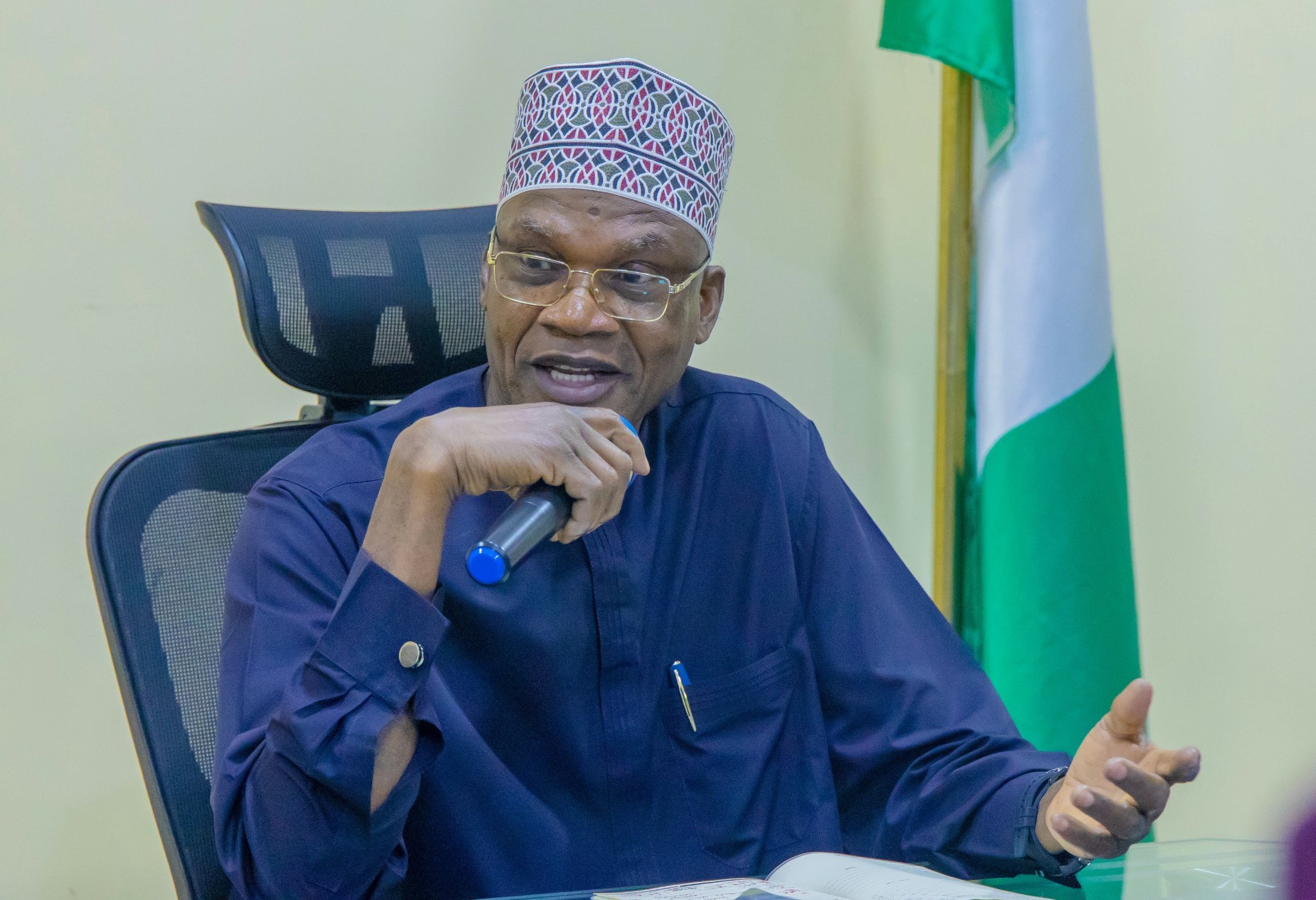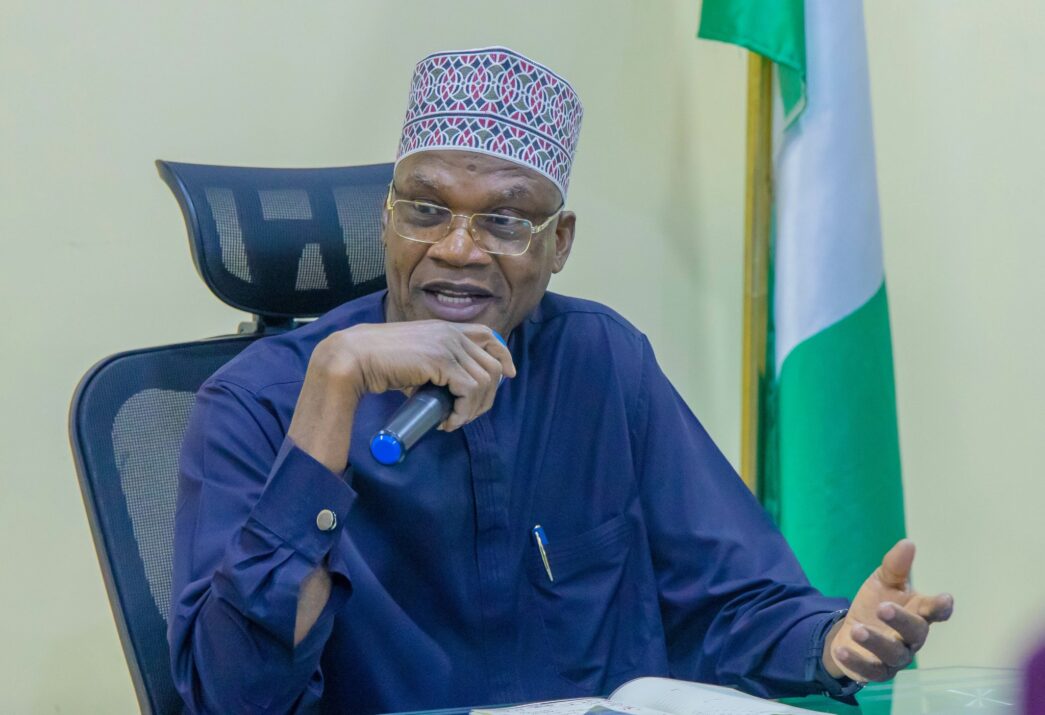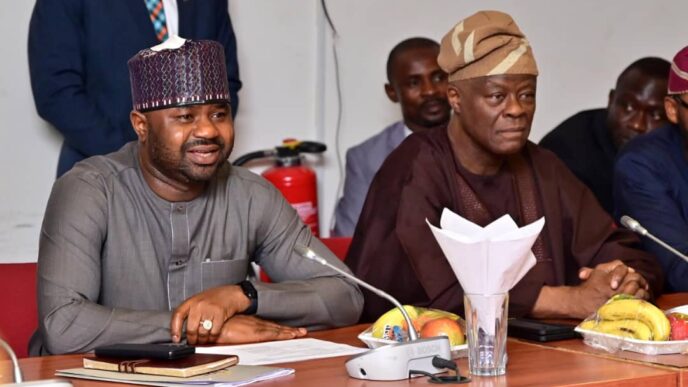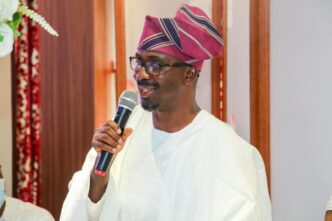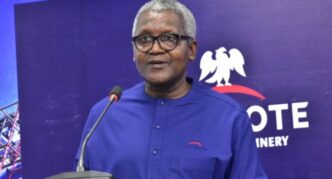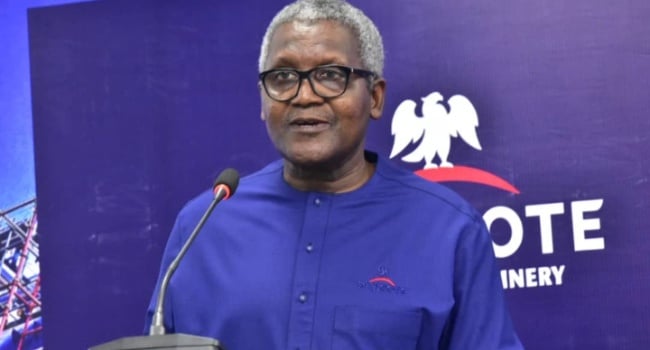DID YOU KNOW? Mamman, former minister of education, was director general of the Nigerian Law School for eight years before he was appointed minister
Prof Tahir Mamman,
The Honourable Minister of Education,
Federal Republic of Nigeria
Dear sir,
Advertisement
Congratulations on the recently concluded policy meeting that your office held with the Joint Admissions and Matriculation Board (JAMB) and other higher education stakeholders. I commend your ongoing efforts to improve our educational systems.
With the hope that this letter will be graciously received by you, I am writing to address a pressing concern arising from one of the policy decisions announced at the meeting: the implementation of the 18-year age limit for higher education admission.
As an education researcher and policy advocate with experience specifically in Nigerian higher education, I have observed the public discourse surrounding this decision. Rather than merely expressing dissent through social media, I thought it would be more constructive to present my concerns directly to you on behalf of the Nigerian people. In this letter, I outline three reasons why this policy will not eventually be in the best interest of the nation and its youth.
Advertisement
- Exacerbating inaccessibility to higher education
Honourable minister, in 2018, the World Bank estimated Nigeria’s higher education enrollment rate at about 11.7%. Recent data from various sources has estimated it between 12 percent and 16.5 percent. That is, only about six to eight of every 50 eligible Nigerian youths get to attend tertiary institutions due to several reasons including socioeconomic and cultural factors. A crucial factor important to the conversation is the difficulty of the admission process worsened by the limited number of university admission slots. On average, students, including those deemed “academically bright” students struggle to get into the university on the first attempt. This is not surprising seeing that Nigeria has only about 274 universities (both public and private) for about 27 million eligible university-age youths.
In a country with a rapidly increasing youthful population, projected to reach about 127 million by 2050, it is already really precarious to limit young people’s access to education. It is even worse when those with limited chances are productively unengaged for 2-3 years of their young adult life, considering the average high school graduation rate is between 15 and 17. The current economy is not designed to productively engage high school leavers. Unlike in the 1980s and 1990s, there are now extremely limited organizations providing quality work or internship opportunities for high school leavers. This is not surprising, given that university graduates even struggle with employment opportunities, as you well know, sir.
Given these challenges, do we want to add another obstacle for the Nigerian youths seeking tertiary education? In a country where the average high school graduate typically faces a 1 to 2-year wait for higher education enrollment, do we want to extend the wait?
- Limiting the capacity of Nigerian human capital
Honourable Minister, I would like to use my story as a case study to illustrate this point. I was fortunate enough to start my university education before my 17th birthday. It is, however, important to mention that I had to “stay at home” for over a year because I was less than 16 when I graduated; and aside from being considered underage, I didn’t even secure university admission despite having 3As, 3Bs, and 3Cs in WAEC and 259 in my UTME in 2008. But I digress.
Advertisement
I had known I wanted a career in academia. Despite starting my undergraduate degree relatively early, I wasn’t going to finish my Master’s Degree (the minimum requirement for an academic position) until I was over 25. Yes, between ASUU and local university strikes during my undergraduate years, the clumsy NYSC calendar, and further strikes during my Master’s Degree, it eventually took me 9 years to officially qualify to even start my career. By that time, my peers who left Nigeria immediately after our 4-turned-5.5-year undergraduate program were already wrapping up their Ph.D.s abroad. Note that I began my MSc in the next admission year immediately after completing my NYSC.
Sir, I am certain you are well aware of our nation’s unique educational challenges, which are unlikely to be resolved completely anytime soon. It therefore becomes imperative to give our people a good head start to mitigate the impact of these challenges on our ability to cultivate talent for the nation.
With our Human Development Index recently pegged at 0.548 by the UNDP Human Development Report (2023/2024), ranking us as 161st of 193 countries, I believe you will agree that we cannot afford the long-term implications of this policy.
- Disproportionate Effect on Women and Girls’ Education in Nigeria.
The average Nigerian girl already faces unique challenges in accessing quality education at all levels, with higher education being the most difficult for females to access. From social and economic barriers like poverty and teenage pregnancy to cultural issues such as prioritizing marriage over education for girls and growing concerns about their safety, women and girls are often placed at the lower rung of the already limited educational opportunities available in the country.
Advertisement
Sir, based on your knowledge and experience as an educator, do you think staying at home for 1-3 years (considering many students graduate high school between 15-17 years old) would aggravate or alleviate these issues? If a teenage girl has to stay at home for 2 years without being intellectually /productively engaged, do you think she stands a higher or lower chance of experiencing teenage pregnancy, for example? Answering such questions easily highlights the impact of this policy on the advancement of women’s and girl’s education, which the nation is striving to improve.
Beyond access to education, Nigerian women still face gender-specific issues in their careers, often progressing more slowly than their male counterparts due to the additional roles they typically undertake at certain life stages. For instance, the ongoing World Bank Africa Fellowship Program application, which encourages women to apply, requires them to be well advanced or done with their PhDs and be under 32 years old. Even, without the 18-year-old university admission limit, the number of Nigerian women eligible for this application is significantly smaller compared to the true potential of the Nigerian woman.
Advertisement
In conclusion, Honourable Minister, I believe that when you and your team crucially consider these arguments and many others being raised in public discourses, you will agree that this policy will only do more harm than good for the nation and its people. I strongly believe could never be your intentional seeing your record as a distinguished educator yourself. On behalf of Nigerian youths, I appeal that the policy be rescinded as quickly as possible. Thank you for your selfless public service to our dear nation.
Yours sincerely,
Advertisement
Oluwatoyin Ajilore-Chukwuemeka
Education researcher and concerned Nigerian.
Advertisement
Oluwatoyin is a Doctoral Researcher in STEM Education, Social Impact Leader and Education Policy Advocate. She writes from Nigeria and the United States. She can be reached at [email protected] or on LinkedIn here.
Views expressed by contributors are strictly personal and not of TheCable.

